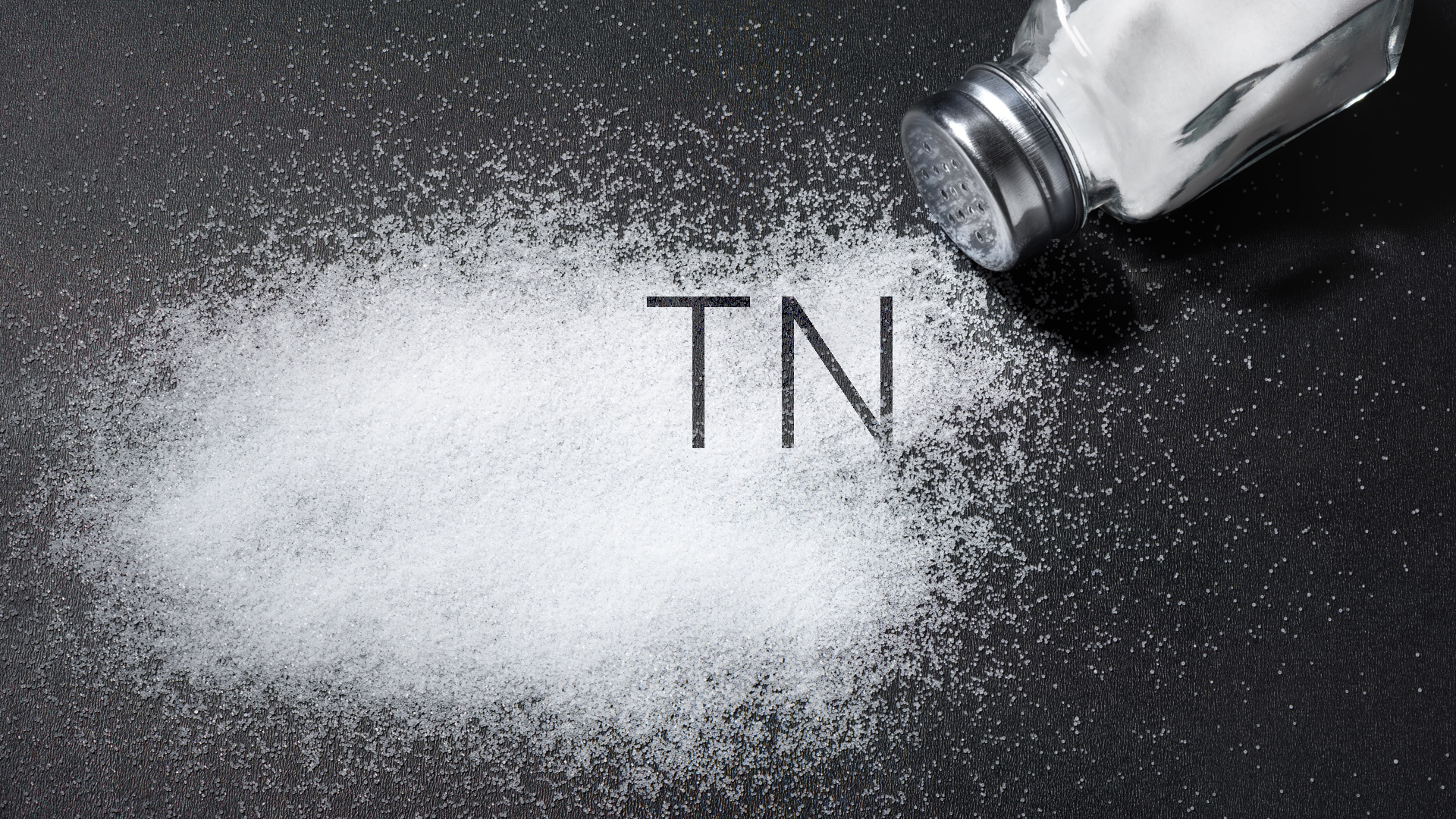Proposed amendments to the draft legislation for non-resident registration requirements were released in April 2021. They include, among others:
- a safe harbor for platform operators limiting liability for failure to collect and remit tax if the platform operator reasonably relied on information from a third-party supplier;
- a clarification providing that sellers registered under the simplified process will be eligible to deduct amounts for bad debts;
- a clarification providing that supplies of digital products or services that are zero-rated are not included in the calculation of the $30,000 threshold amount for determining if a person is required to be registered under the simplified framework;
- an additional provision stating that the tax authority may register a person that it believes should be registered under the simplified framework; and
- an additional provision providing that, when an affected business or platform operator shows reasonable measures have been taken but it is unable to meet the new obligations for operational reasons, the tax authority will take a practical approach to compliance and exercise discretion in administering the requirements during a 12 month period beginning July 1, 2021.
What is the Canadian GST/HST?
Two types of sales taxes are levied in Canada – provincial sales taxes and the goods and services tax (GST)/harmonized sales tax (HST). Provincial sales taxes are collected in the provinces of British Columbia, Manitoba, Quebec and Saskatchewan, where the tax bases and rates vary. The GST applies nationally, and the following provinces harmonized their provincial sales taxes with the GST to implement the HST: New Brunswick, Newfoundland and Labrador, Nova Scotia, Ontario, and Prince Edward Island. Generally, the HST operates the same and has the same tax base as the GST. The GST rate in provinces without an HST is 5%, and the GST/HST combined rates are 15%, except in Ontario where the rate is 13%.
The GST/HST is a value-added tax, which operates on an input/output system. When a taxpayer buys goods or services, it pays GST/HST – this is the input tax. When the same taxpayer sells its product, it collects GST/HST from buyers – this is the output tax. The taxpayer deducts the input tax from the output tax and remits the difference to the tax authority.
What Sales are Subject to GST/HST?
The GST/HST is a broad-based consumption tax. Most sales of property and services are subject to the GST/HST, including sales and leases of commercial real property, sales of services, and electronic commerce transactions (e.g., sales of software, SaaS and digital products). There are rules for sourcing sales that vary depending on the nature and characterization of sale. Generally, sales of tangible personal property are sourced to the location where the purchaser takes delivery of the goods, sales of intangible personal property are sourced to the location where the rights may be used, and sales of services are generally sourced to where the seller obtains an address in Canada of the recipient. Since these rules differ, it is important to properly characterize a transaction to determine where it should be sourced.
Current GST/HST Registration Requirements
Generally, every business that makes a sale subject to GST/HST in Canada in the course of a commercial activity must register for GST/HST purposes, unless the business is a “small supplier” or a non-resident without a permanent establishment that does not engage in any business in Canada.
A “small supplier” is generally a business with $30,000 (CAD) or less in worldwide revenue from taxable sales in a calendar quarter and for the prior four consecutive calendar quarters. (Different thresholds apply to charities.) Importantly, the revenue of certain affiliates is included in the threshold calculation. Sales of business goodwill, financial services and capital assets are not included in the calculation.
The determination of Canadian residency differs for individuals, corporations and partnerships, and a non-resident business may still be required to register for GST/HST purposes if it has a “permanent establishment” in Canada. Notwithstanding residency, a seller may also have a registration requirement if it is carrying on business in Canada. The determination of whether a non-resident is engaged in business in Canada is fact-intensive and considers numerous factors such as the location of employees and agents, the place of delivery, and the place of payment.
Proposals for Non-Resident Registration Requirements Effective July 1, 2021
Under the current GST/HST registration rules, if a Canadian purchaser buys digital products or services from a non-resident, unregistered seller, the purchaser is required to self-assess GST/HST and pay the tax to the Canadian Revenue Agency. To increase compliance and level the playing field between resident and non-resident sellers, the Canadian government has proposed that, beginning July 1, 2021, non-resident sellers of digital goods, service providers, and platforms that facilitate sales of third-party sellers (i.e., online marketplaces) will be required to register for GST/HST unless the “small supplier” registration exemption applies. Under the proposed rules, the $30,000 “small supplier” threshold for service and digital goods providers is measured by sales to unregistered Canadian purchasers over a 12-month period, excluding sales made through an online marketplace.
The proposed rules provide that there will be a simplified online registration and tax remittance process for non-resident service providers and sellers of digital goods. These taxpayers and non-resident online marketplaces will be required to collect GST/HST on sales to non-registered purchasers, and, subject to exceptions, the sales will generally be sourced to the purchaser’s usual place of residence in Canada. A purchaser’s usual place of residence will be determined based on information such as home address, billing address, or Internet Protocol address, among other possibilities. Non-resident service providers and sellers of digital goods registered under the simplified procedure will not be able to claim input credits.
Also proposed to be effective July 1, 2021, non-resident online marketplaces will be required to register and will be entitled to claim input credits if registered under the current registration procedure. The $30,000 “small supplier” threshold for non-resident online marketplaces will be measured by total sales of digital products and services to unregistered Canadian purchases over a 12-month period, including sales of non-resident sellers made through the online marketplace. The non-resident online marketplaces will be deemed the seller of sales through the marketplace by non-resident sellers to unregistered Canadian purchasers if the goods are shipped from a Canadian location or are from a Canadian fulfillment center. As the deemed seller, the non-resident online marketplaces will be required to collect and remit GST/HST. Also, the online marketplaces will have a reporting requirement regarding sellers using the platform. Fulfillment businesses in Canada will also be required under the proposed rules to report information about non-resident sellers and the goods stored on their behalf.
Author: Jennifar Hill, J.D., LL.M | [email protected]
reach out to our team if you have any questions or need further assistance.



